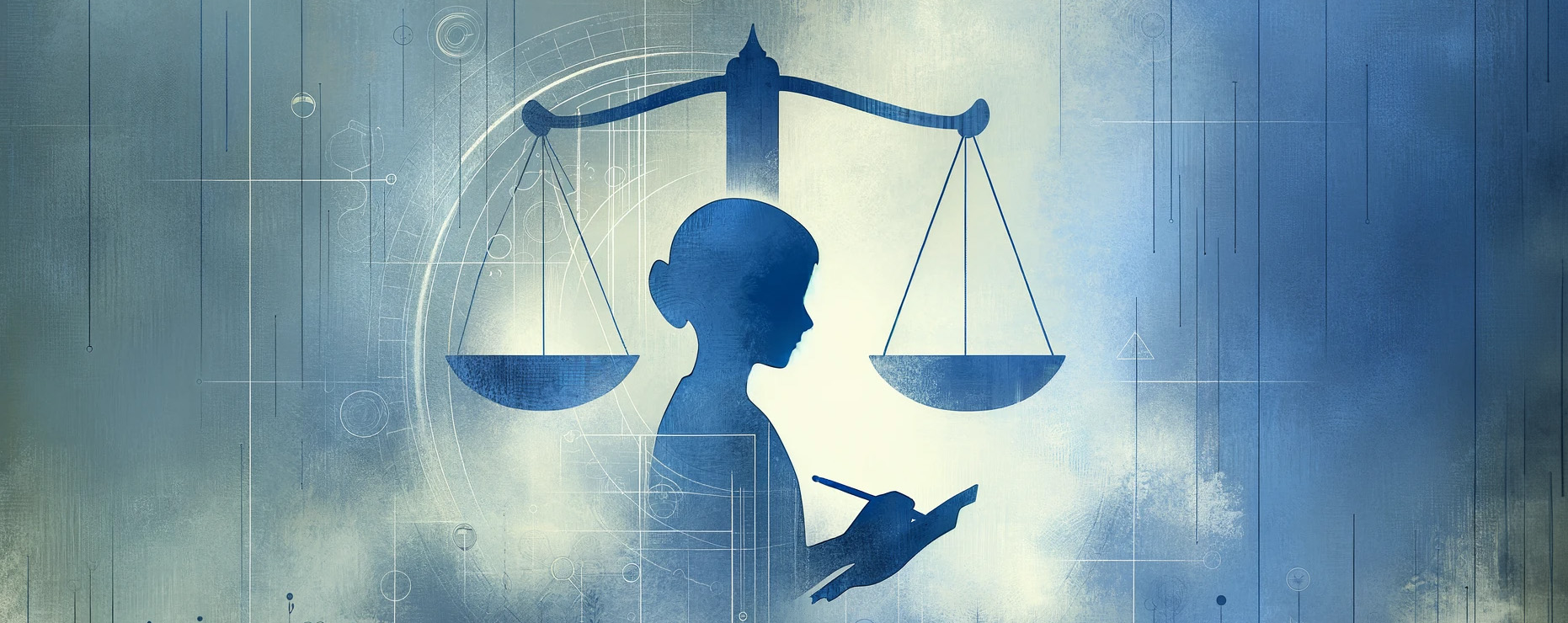Student Conduct Faculty Resource Page
Statement on Academic Integrity at College of the Canyons
Academic integrity is a core value of the academic community. It is essential for maintaining the quality of higher education, for the development of critical thinking skills, and for ensuring that academic achievements are based on merit. College of the Canyons defines academic integrity as the ethical and honest pursuit of knowledge, scholarship, and intellectual growth. It involves upholding the values and principles that guide ethical behavior in academic work, including honesty, fairness, trust, and respect for the intellectual work of others.
At College of the Canyons, we believe that academic integrity is one of the most important qualities college students need to develop and maintain. Conversely, academic dishonesty is any practice or behavior, whether intentional or unintentional, that undermines the integrity of material submitted for academic credit. Academic dishonesty violates the principles of academic integrity and can have serious consequences for both the individual and the academic community.
Common types of academic dishonesty fall into one of three categories:
- Plagiarism or self-plagiarism.
- Plagiarism is submitting someone else's work as one's own, or without adequate or proper attribution, including unauthorized use of AI-generated material
- Self-plagiarism is resubmitting the same work from a different class without the current instructor's knowledge and approval (e.g., using the same term paper in more than one class)
- Cheating. Examples of cheating include (but are not limited to):
- copying from someone else's test, or any evaluated assignment
- using an unauthorized aid during a test (e.g., phone, smart watch, notes or browser)
- unauthorized collaboration or communication with others during a test or an independent assignment, including downloading, uploading, sharing or duplicating course material.
- unauthorized use of generative AI or other web-based application
- Fraud. Examples of fraud include (but are not limited to):
- having a test or an assignment completed by someone else
- buying, selling or otherwise obtaining or distributing term papers, assignments, or tests
- falsifying, misrepresenting or forging an academic record or supporting documents (e.g., submitting a fake doctor's note, misrepresentation of identity)
- improper access/obstruction of materials/systems (e.g., stealing a term paper or test)
- misrepresentation, falsification, or fabrication of data presented for surveys, experiments, and reports including authors, data or falsely claiming attendance at a class event
It is the responsibility of all members of the academic community to uphold the principles of academic integrity and to prevent instances of academic dishonesty. Cases of alleged academic dishonesty may be referred to Student Conduct for investigation. Relevant disciplinary action policies can be found in the Student Conduct Code.
Approved by the Academic Senate, May 25, 2023
- Review the Student Conduct Code.
What office handles student conduct matters?
Matters concerning student conduct (i.e. alleged violations of College Policy regarding the activity of students) are handled by the Vice President of Student Services Office, Canyons Hall room 202. Additional questions concerning student conduct can be emailed to studentconduct@canyons.edu or by phone at 661-362-3498.
What is the jurisdiction of the College?
The College has jurisdiction over student conduct that occurs on College property, or in connection with official College functions whether on or off College property. In cases involving harassment (of any nature), the jurisdiction extends beyond College property to where-ever the incident occurred. The incident must have a nexus to the College.
Who may make an allegation against a student?
Anyone may make an allegation against a student; however, allegations should be submitted on an incident report form. Links to the forms are provided in the above dropdown on this website.
What if someone makes a false allegation against a student?
Allegations are evaluated by the Student Conduct Office prior to contacting the accused student. Evaluation includes determining the credibility of the complainant. In addition, the evidence is evaluated to determine its value and relevance to the case. It is exceedingly rare for the Office to receive false or vindictive allegations of misconduct. In addition, it is a violation of College policy to submit false information to the Office in the hopes of getting another student in trouble.
Will I be notified if someone has made an allegation against me?
College policy, as written in the College of the Canyons Student Conduct Code, states that students must receive written notice of alleged violations of College policies. Notice is sent to the student's @my.canyons.edu email address. Notice will include a statement about when and where the alleged violation occurred and inviting the student to a meeting with someone from the Student Conduct Office.
What do I do after receiving notice?
Students who receive a notice of an alleged violation to the Student Conduct Code shall meet with a person from the Student Conduct Office to review the alleged violation. If the student does not attend the meeting, a hold will be placed on the student's record.
What will happen when I meet the Student Conduct Officer?
First, the Student Conduct Officer will verify that you have received proper notice and that you understand the allegation(s) being made against you. The Student Conduct Officer will make sure you know the College policy regarding your case and keeping the information about your case confidential. This is a chance for the student to tell their story regarding the alleged violation.
Based on the discussion with the student, the Student Conduct Officer has three options:
- Determine there is not enough evidence to move forward with the case.
- Determine there was a violation of the Student Conduct Code and determine the sanction to put into place.
- Determine the case must move forward to the Student Conduct Committee for a hearing.
Students should understand that these matters may take several meetings. The Student Conduct Officer will carefully investigate the case and verify statements made during discussions with the parties involved.
What if I'm responsible for violating College policy?
If a student admits to violating College policies or is found responsible in a hearing the student should expect to be sanctioned. Sanctions range from a Warning to Expulsion from the College. The Student Conduct Officer strives to impose sanctions that are appropriate given the violation. The list of sanctions is found in the College of the Canyons Student Conduct Code.
What if I'm not responsible?
If a student can provide a plausible explanation for the circumstances that led to the allegation, and if there is evidence to support that claim, the matter may be dismissed. However, if the student denies the allegation, and in the Student Conduct Officer's judgment, there is evidence indicating that the student is responsible, the Student Conduct Officer may send the matter to a hearing.
What are hearings like?
Hearings are conducted by the Student Conduct Committee. The Committee is made up of five members - two students, two faculty members, and one staff member. The hearing is formal, students are able to present witnesses and documents to support their case. Witnesses are subject to cross-examination. Upon hearing the evidence, the Committee must find by a preponderance of the evidence (more likely than not) that the student is either culpable or not culpable.
Can I appeal the decisions of the Student Conduct Officer or Student Conduct Committee?
If the sanction was a warning, reprimand, or probation, the student cannot appeal. If the sanction imposed was a suspension or expulsion, the student is able to appeal. Appeals are addressed to the CEO of the College. The procedures for appeal and the timeline of an appeal are spelled out in the College of the Canyons Student Conduct Code.
If the case was dismissed by the Student Conduct Officer, the complainant may appeal the decision. The case would then be heard by the Student Conduct Committee.
If I am sanctioned, will there be a mark on my transcript?
The only sanction reflected on a transcript is an expulsion. No other sanction will show on a student's transcript.
What other records are there about the case?
Records are confidential and are typically kept for four years in the Student Conduct Office. At the end of four years, records concerning most cases are destroyed. Reports of student discipline are not released to any third party without written consent from the student.
 My Canyons
My Canyons  Canvas
Canvas 
